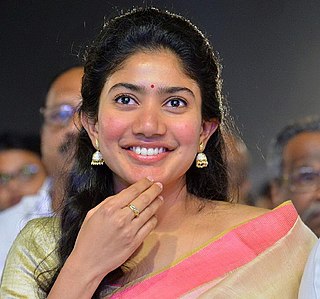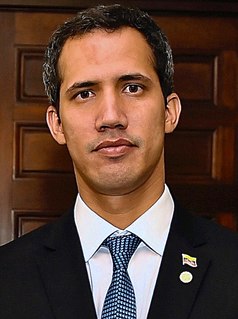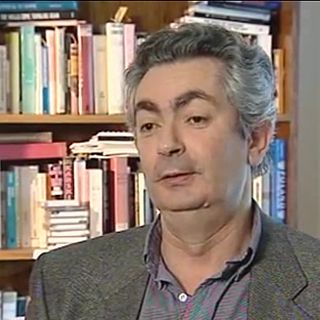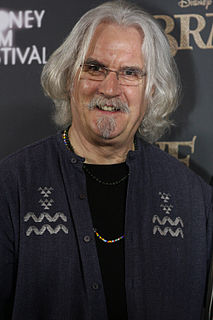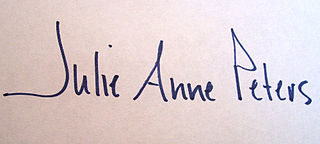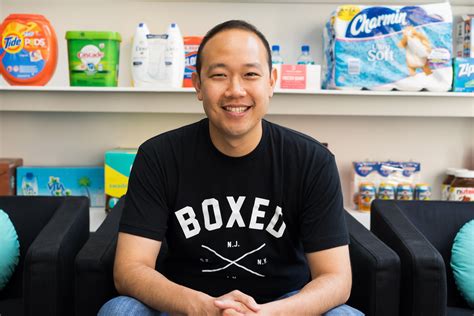A Quote by Sai Pallavi
Since my childhood, I used to tell my parents to keep a tab on their health as if I was a doctor. Now I am officially one, and I hope my parents will finally take me seriously!
Related Quotes
I want to ask parents, when daughters turn 11 or 14, they keep a tab on their movements. Have these parents ever asked their sons where they have been going, who they have been meeting? Rapists are somebody's sons as well! Parents must take the responsibility to ensure that their sons don't go the wrong direction.
The thing that strikes me now when I think about the Wilderness of Childhood is the incredible degree of freedom my parents gave me to adventure there. A very grave, very significant shift in our idea of childhood has occurred since then. The Wilderness of Childhood is gone; the days of adventure are past. The land ruled by children, to which a kid might exile himself for at least some portion of every day from the neighboring kingdom of adulthood, has in large part been taken over, co-opted, colonized, and finally absorbed by the neighbors.
I think it's true about people now being closer to their parents, since the '60s, really. The parents are no longer from a different planet, the 1950s ideas of American family. We could be friends with our parents. After the '60s, it wasn't like a person smoking pot was what the parents would be appalled at.
Let's ask their parents. And will those children point to their parents and tell us you really need to enforce the law against my parents? Because they know what they were doing when they caused me to break the law. I don't think we've thought through this very well. But there's a reason why in the president's DACA programs he didn't grant his unconstitutional executive amnesty to the parents of dreamers.
And that means that no matter how we reform health care, we will keep this promise to the American people: If you like your doctor, you will be able to keep your doctor, period. If you like your health care plan, you'll be able to keep your health care plan, period. No one will take it away, no matter what.
I asked myself if I would kill my parents to save his life, a question I had been posing since I was fifteen. The answer always used to be yes. But in time, all those boys had faded away, and my parents were still there. I was now less and less willing to kill them for anyone; in fact, I worried for their health. In this case, however, I had to say yes. Yes, I would.
I still remember how my father used to wake me up at 4 A.M. and make me study. He also used to take me for a walk and then always dropped me to school. I was very disciplined, as my father inculcated those values in me. Now that my father is no more, I understand that you should not take your parents for granted.
I've always assumed that my parents and my in-laws would live with me when I get older and have children. I just assume it will happen and that it's the right way to do things. It's a deeply Indian custom - that you kind of inherit your parents and your spouse's parents and you take care of them eventually.
